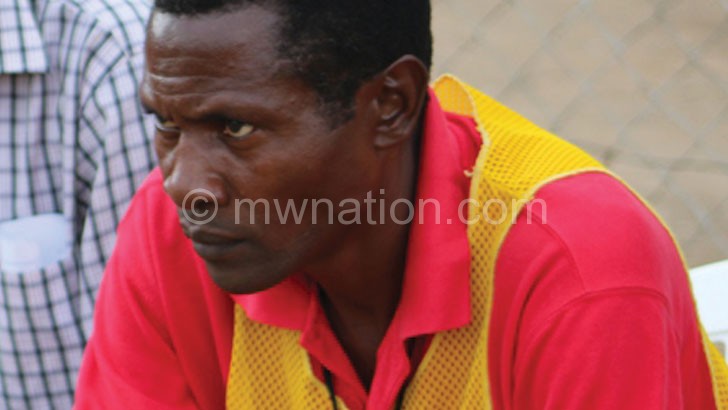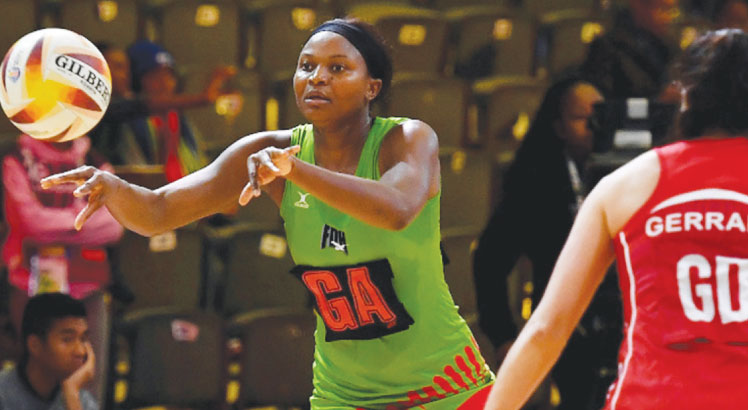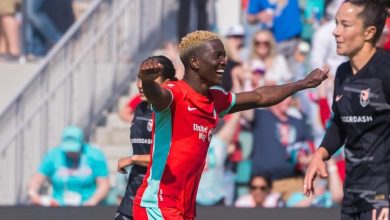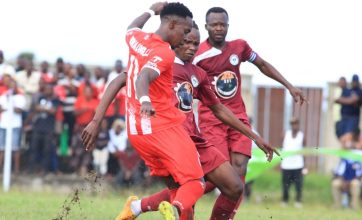Bullets fund-raiser rakes in K1.5 million
 Either the notion that they command huge following is imaginary or hard economic times are biting, but a spoonful of fans patronised Big Bullets’ dinner and dance at Comesa Hall, Blantyre on Saturday night.
Either the notion that they command huge following is imaginary or hard economic times are biting, but a spoonful of fans patronised Big Bullets’ dinner and dance at Comesa Hall, Blantyre on Saturday night.
To Bullets’ relief, Sports Minister Symon Vuwa Kaunda’s ‘sweet-talking’ ensured an outpouring of donations and pledges estimated at K1.5 million (about $8 982). There was also additional earnings from gate collections. Entry tickets sold at K3 500 (about $20) each.
Foreign Affairs Minister Peter Mutharika, through his personal assistant Ben Phiri, led the way in pledging K300 000 (about $1 796) in addition to meeting venue booking charge of K216 000 (about $1 296). Former Bullets chairperson Yusuf Matumula and businessperson Jimmy Korea Mpatsa followed with K250 000 (about $1 497) and K200 000 (about $1 198) respective pledges.
Vuwa, who repeatedly appealed to his team of deputy ministers and legislators not to disappoint him pledged K100 000 (about $598), FAM coughed up K50 000 (about $299) with a similar amount coming from its president Walter Nyamilandu.
“I am a bit disappointed with the turn-up because this event could have sent a strong message that we are all behind Bullets. This club has a rich history and heritage. We cannot let this history die. Two months have passed since I promised Bullets sponsorship. I reiterate that I will do it. Be patient because I am not negotiating for just K1 million [about $5 988], it is a big package,†said Nyamilandu.
Sulom donated K35 000 (about $210) whereas Minister of Natural Resources, Energy and Environment Goodal Gondwe, in absentia pledged K50 000.
Other pledges came from former Wanderers chairperson James Chuma (K25 000 or about $150), DPP campaign director Ken Zikhale Ng’oma (K50 000) and main performer of the night Lucius Banda (K30 000 or about $180).
Kambalame General Suppliers donated K30 000, Cecilia Chazama MP (K50 000), newly appointed Foreign Affairs Principal Secretary Justin Saidi (K20 000 or about $120), Deputy Minister of Health Ralph Jooma (K50 000), John Zingale MP (K50 000), Joseph Tembo MP (K50 000), Deputy Minister of Lands Reverend Christopher Ngwira (K70 000 or about $419), Edgar ndi Davids (K50 000), Moses Dossi (K10 000), Seedco (K100 000) and The Nation (K100 000).
Earlier, Chinyama announced plans to establish a holding company while business development manager for the team, Gregory Madeya, outlined plans to raise money through merchandising and revised gate collection strategies.
During the occasion, Bullets also rewarded its former players and officials with certificates. Those recognised included Spy Msiska, Hassan Jussab, John Gilmore (in absentia), families of Sanudi, Waya and Lungu, Yasin Osman, Henry Moyo, Gaston Mwenelupembe, Michael Mkuntha, Kanjedza Kamwendo and Dennis Saidi.
Earlier in the day, there was a fund-raising match which saw a team of musicians losing 4-0 to a Bullets second string side with Fischer Kondowe and Vincent Gona as the only regulars.
On the sidelines of the Bullets fund-raiser, the Sports Minister once again made a hard tackle on the Super League of Malawi (Sulom) over its rationale of subjecting financially ailing teams to K450 000 (about $2 694) affiliation fees payment.
He argued that it defeats logic that clubs should each be pocketing K1 million subvention, then be asked to pay almost half of that in subscription fees to Sulom.
“Government is there for policy guidance and from government, the direction is that from next season, we hope the affiliation fee will be reduced. I do not understand Sulom’s argument that the K450 000 goes to costs of referees when there is K60 million [about $359 281],†Vuwa Kaunda argued.
The minister first made the challenge to Sulom last month. The league’s president Innocent Bottomani on Sunday said they shared government’s concern on club’s welfare.
“If government is concerned, who are we? In fact, it is commendable that government is concerned with teams’ welfare. There will be some action. The issue is tricky, though. As administrators on the ground, we see effects of running the league with inadequate resources,†Bottomani said, citing challenges of meeting referees’ expenses and running the secretariat.





